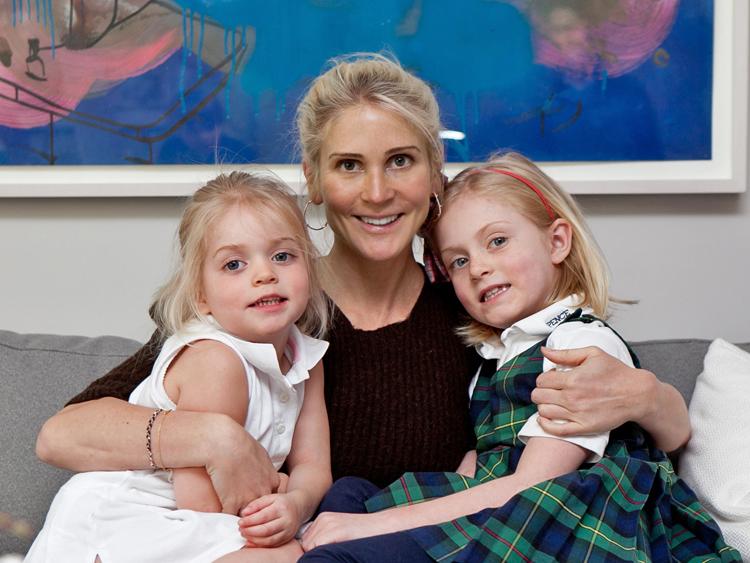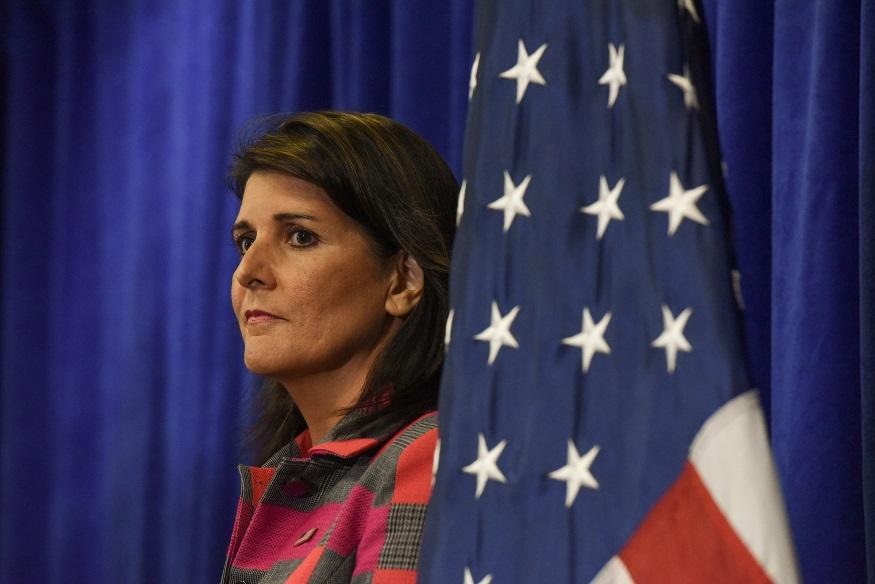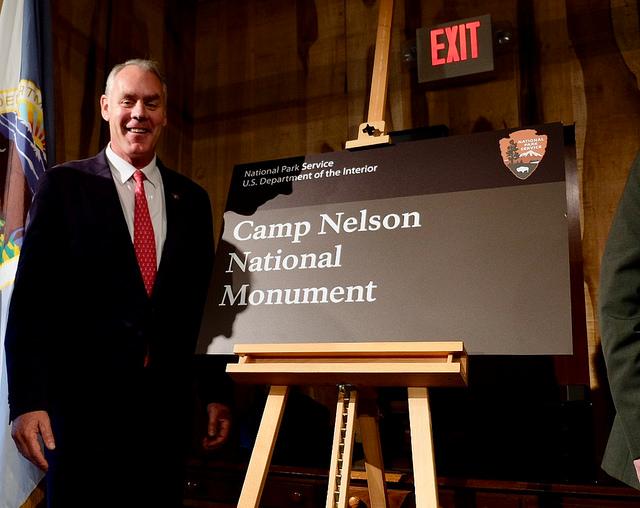NEW YORK—Libraries have never been viewed as the hippest places to hang out on a Friday night—and in the ‘90s the New York Public Library was no exception. Labeled in a study as cold, uninviting, and intimidating, the library was void of young people.
A young employee at the library, Hannah McFarland, learned of the negative connotations and demographic gap from the Ogilvy & Mather report in the late 1990s, which documented how people interpret the historic institution and its public place in the city.
McFarland was inspired to open access for young people. “I was thinking: ‘There has to be a way to create some avenue to make this more engaging and break down these stereotypes people have of the library,’” she said from her East Side apartment in early April.
She was reluctant to criticize other organizations, but said, “I would go to parties at other organizations and people would have a lot to drink and wander about in black-tie outfits and then go home. I was like: ‘Where is the content?’”
She felt a disconnect between the institution and the fundraising event, despite being held at fabulous venues around the city. She wanted to interact with a younger audience, on a higher intellectual level, and build long-term support of the institutions they were raising money for.
McFarland created the Young Lions Program to fill this void, with the help of movie star Ethan Hawke. “The Young Lions is a membership group for New Yorkers in their 20s and 30s who are committed to supporting the work of the Library,” according to the website. Memberships range from $350 to $10,000-plus per year and give young people access to screenings, authors, and a range of events. Upcoming is the 2012 Young Lions Fiction Awards evening that was co-founded by McFarland, Ethan Hawke, Jennifer Rudolph Walsh, and Rick Moody.
“What I like doing is starting things,” McFarland said. “The maintenance of a program isn’t what appeals to me as much.”
In this vein, McFarland subsequently got young people engaged in events at Carnegie Hall—a place that had not always been a destination for the 20s and 30s age group.
“That is really fun for me, figuring out how to not disrespect the history and the famousness of an institution, but to push it a little bit, so people are like, ‘Oh, I never thought of it like that,’” McFarland said.
Influence Through Public Life
McFarland’s experience as a child, watching her parents in the public eye, helped carve her path toward the nonprofit world. “What I wanted to do was sort of marry the nonprofit that my parents had done, with art,” she said.
She grew up during the 1970s in the suburbs of Philadelphia. Her father, Frank Griswold III, was an Episcopal minister, and would eventually become the presiding bishop in New York.
“Growing up with a parent who is in the public arena; life was not ‘home’ and ‘work’—there was no differentiation between the two. People would come over or people who had problems would call at odd times. I saw that as part of my daily life,” McFarland said.
As a younger child, McFarland said she held some resentment of her father being in the public eye, wishing he was less prominent like everyone else’s parents. “I think as time went on, I appreciated his life choices,” she said.
Sitting in church, listening to her father preach, was not how she enjoyed passing her time. “I am not a religious person. I believe in something, but I don’t need organized religion to experience whatever that is,” McFarland said.
Instead, as a young girl, she found solace in ballet while at St. Paul’s Boarding School in New Hampshire. “I was very serious about ballet. It consumed my life besides schoolwork,” she said. She had to choose between college and ballet. College won. “I loved ballet—but I loved the experience of it. I think I realized I didn’t want it to be my whole life. I just knew it wasn’t going to be my thing,” she said.







